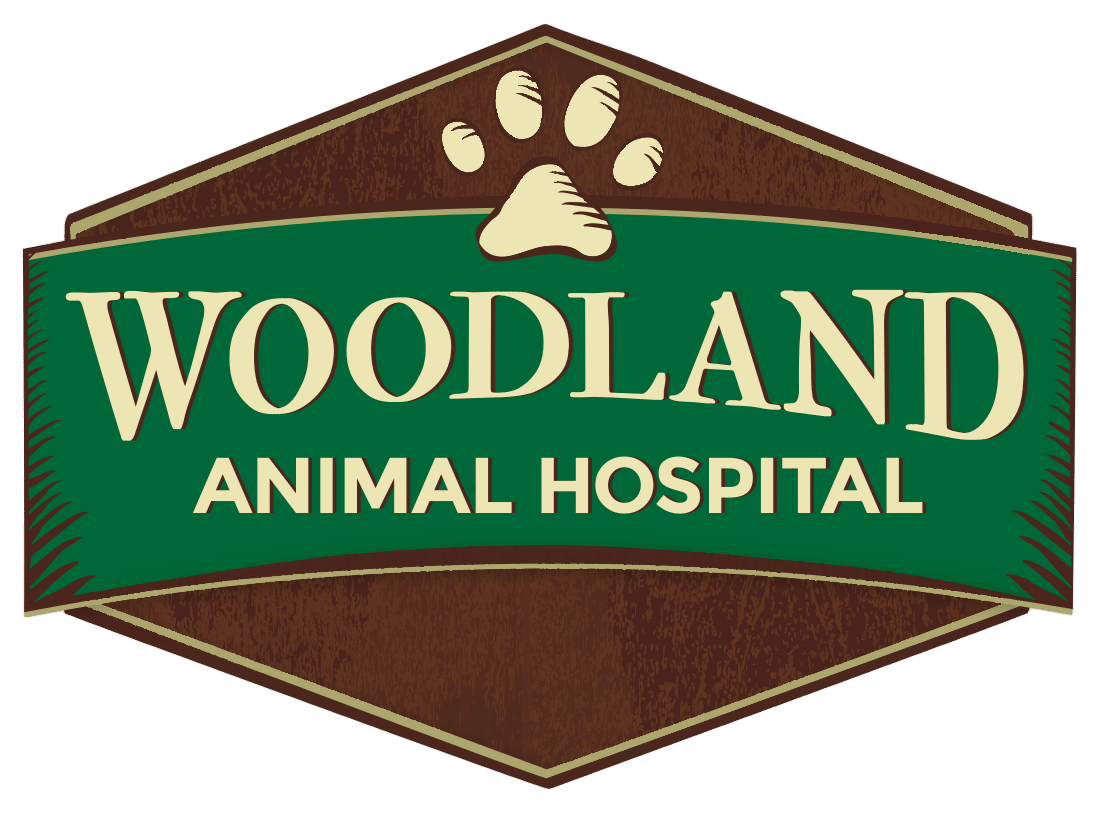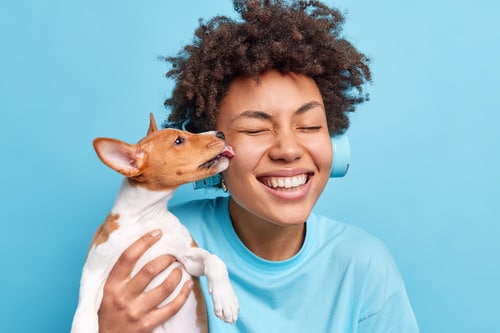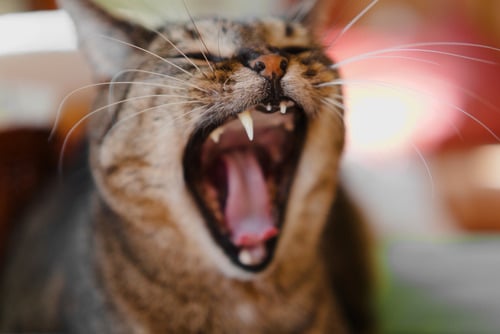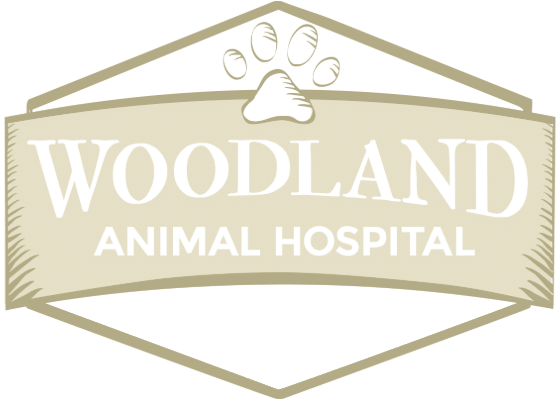As pet owners, we often hear conflicting opinions about the cleanliness of our canine companions’ mouths. Some believe that a dog’s mouth is cleaner than a human’s, while others argue that it’s a breeding ground for bacteria. So, what’s the truth behind this age-old question? Let’s dive into the science and myths surrounding the hygiene of dogs’ mouths to gain a better understanding.
The Myth of the “Clean” Mouth
It’s a common misconception that a dog’s mouth is cleaner than a human’s due to their saliva’s antibacterial properties. While it’s true that dogs produce enzymes in their saliva that can help fight off some bacteria, it’s important to note that their mouths still harbor a diverse array of microorganisms. In fact, a study published in the journal Archives of Oral Biology found that the oral microbiota in dogs is similar to that of humans, with both containing potentially pathogenic bacteria.
Understanding Oral Microbiota
Just like humans, dogs have complex oral microbiomes consisting of various bacteria, viruses, and fungi. While some of these microorganisms are harmless or even beneficial, others can lead to dental issues and systemic infections if left unchecked. Factors such as diet, oral hygiene, and genetics can influence the composition of a dog’s oral microbiota.
The Role of Dental Hygiene
Maintaining good dental hygiene is crucial for your dog’s overall health and well-being. Regular brushing, dental chews, and professional cleanings can help prevent the buildup of plaque and tartar, reducing the risk of periodontal disease and other oral health problems. Additionally, a healthy diet rich in nutrients can support your dog’s immune system and oral health.
Dispelling Myths About “Dog Kisses”
Many pet owners enjoy sharing affectionate moments with their dogs, including letting them lick their faces. While this behavior is often seen as a sign of love and affection, it’s essential to be mindful of potential health risks. Dogs use their mouths to explore the world around them, including licking surfaces that may harbor harmful bacteria. Therefore, allowing your dog to lick your face or wounds could potentially transfer pathogens and lead to infections.
Managing for Your Dog’s Oral Hygiene
While it’s a popular belief that dogs’ mouths are cleaner than humans’, the reality is more nuanced. Dogs have complex oral microbiomes that can harbor both beneficial and harmful microorganisms. Maintaining good dental hygiene and being mindful of hygiene practices can help keep your dog’s mouth healthy and reduce the risk of oral health problems. If you have concerns about your dog’s oral health, contact Woodland Animal Hospital at (770) 467-3140 or request an appointment online.





